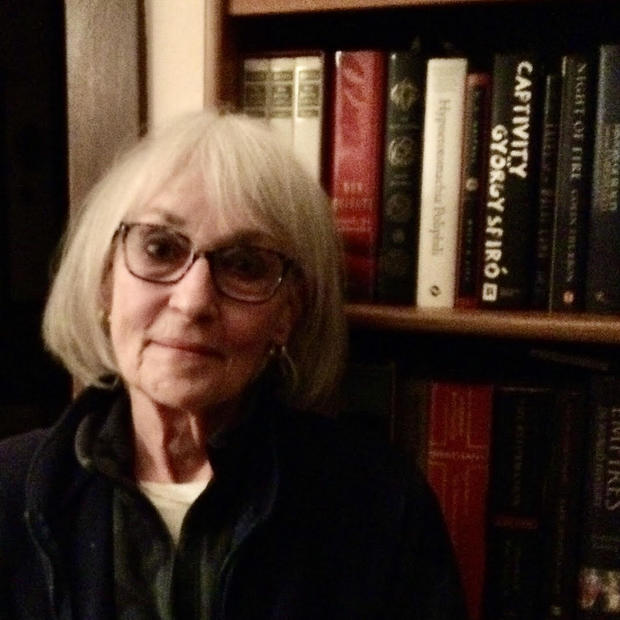Last week (March 22) Atlantic.com blogger Derek Thompson posed the question “Should You Give Money to Homeless People?” His answer was “Probably not."
Thompson (who conceded that “not all homeless people are beggars, and not all beggars are homeless”) cites studies indicating that a high percentage of homeless people suffer from drug and alcohol problems. He argues that giving cash to panhandlers can prolong their dependency instead of relieving their suffering.
In addition, he says, when we reward begging, we incentivize begging. Bill Block, project director of King County's 10-year plan to end homelessness, would probably agree. When he was asked at a Downtown Seattle Association meeting last year how to reduce the number of panhandlers quickly, in view of the time it takes to create enough of the housing they may need, his reply was succinct: "Don't give them money."
In Thompson's view, responding with spare change to random spare-changers does little good except to temporarily relieve our guilt at having so much when others have so little. It’s wiser to direct even small sums to charities that can use the money to build longer-term structures of assistance, distribute resources more fairly, and meet people's needs in ways that will help them improve their lives.
A while back I started telling anyone who asked me for money on the street (except Diane, a painfully poor woman whose circumstances I've known for years) that I never give cash. An advantage of having a firm principle of saying "no" is that it can steer one toward better ways of saying "yes." Basically, I try to give people what they ask for unless it's currency (and unless I'm running to catch a bus).
Sometimes it's the person in need who says "no." Once on Seneca Street a charming woman complimented my haircut, then leaned close to say, "Can you help me? You know how, um, when you can't afford a ... you know, a feminine product you really need?" But when I offered to buy her necessities at the nearest drug store, she murmured "No thanks" and disappeared.
As when a person waving a "HUNGRY" sign refuses my offer of food, I suspected that the woman wanted something I wouldn't want to give her. But on other occasions the near-ecstasy on someone's face as we walk together to a sandwich shop has spoken volumes about the emptiness of that someone's stomach.
Another time I invited a woman in Berkeley who was asking for food to come into a nearby grocery store with me, but she said the management had banned her. In my company she got past the Man, and we wandered up and down the prepared-foods aisle looking for what she might want to eat and drink. I can still see the soft look of happiness that transformed her face as she felt the unaccustomed luxury of shopping and choosing.
The biggest gift to people who have nothing can be a chance to enjoy the dignity of giving something to others. (It's one reason why a panhandler's dollars tend to disappear before they can be put to long-term use: part of the stash easily goes to less successful panhandlers who beg a share.) So I like to ask for directions and other city information from random individuals on the street who appear to have little else to offer.
Asking for assistance from a marginalized person makes him or her feel visible, a fellow human instead of a ghost haunting the sidewalk. By comparison, handing over cash can feel like a brush-off, especially when the giver barely glances at the recipient. That dignity can be more important than dollars isn't news.
Saying this makes me sad about the loneliness of public life. Can a poor person typically engage with passersby on any basis other than asking for money? The time is visible on ubiquitous clocks. The days when a stranger could wave an unlit cigarette, asking, "Got a match?" with the cheerful expectation that a flame would appear are long gone.
So are all those hats people used to tip or bob at each other in passing. But imagine what Seattle would be like if we made a point of nodding to others on the street and wishing them a good day even if we didn't know each other — as if we lived in a genuine urban village. Would it cost us anything besides feelings of false superiority?
Be that as it may, a few words with a spare-changer preceded or followed by gifts to a shelter or food bank resolve the "tug of war" between head and heart that Thompson describes. Combining generosity with wisdom in such ways is especially important during budget-crunch times when social services are starved for funding.



